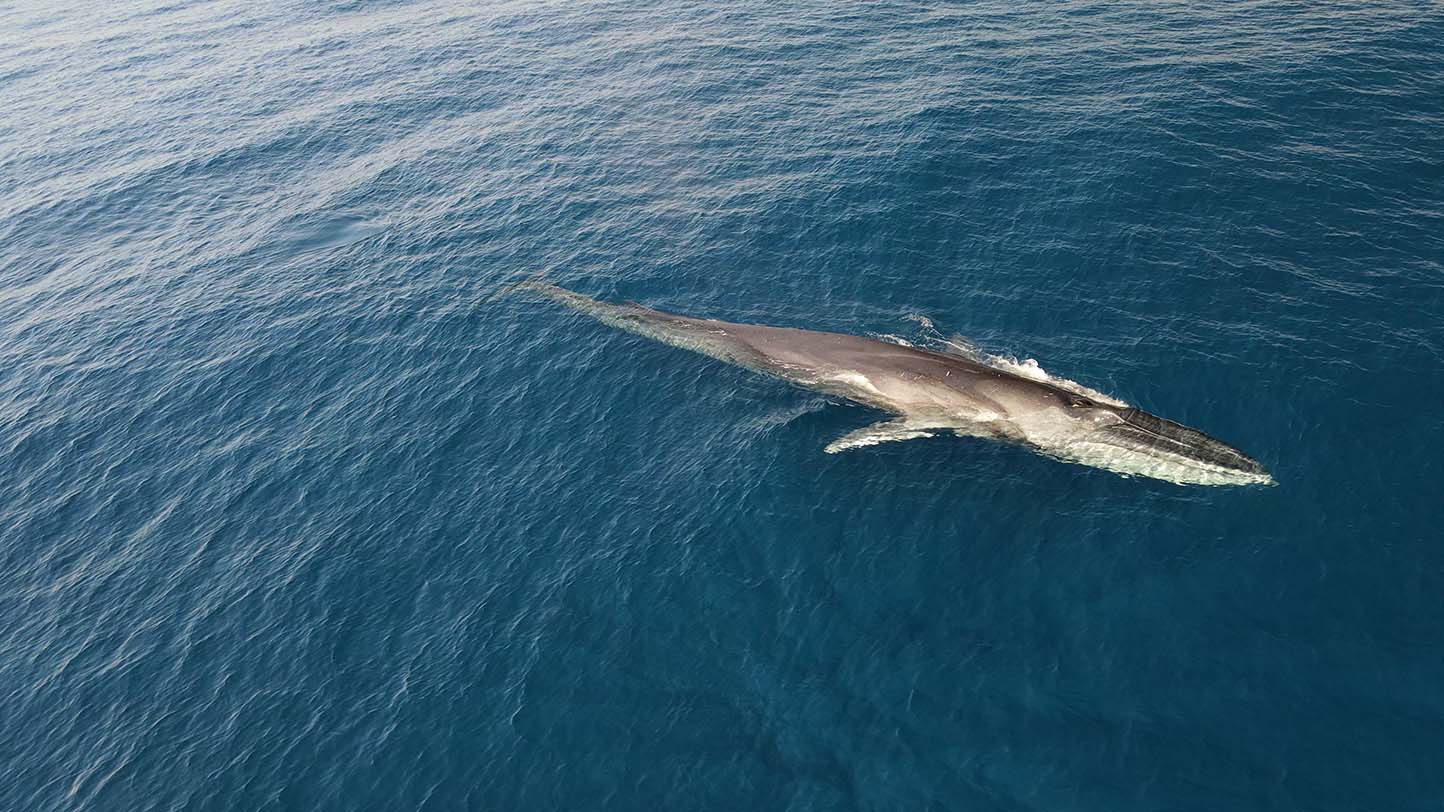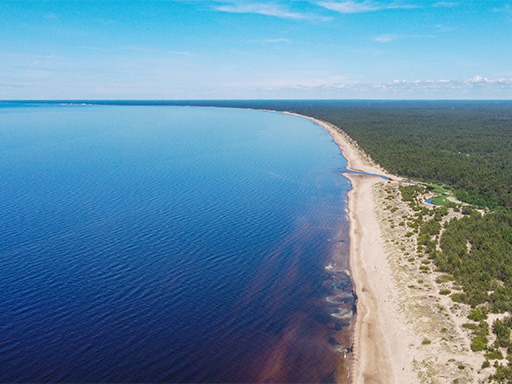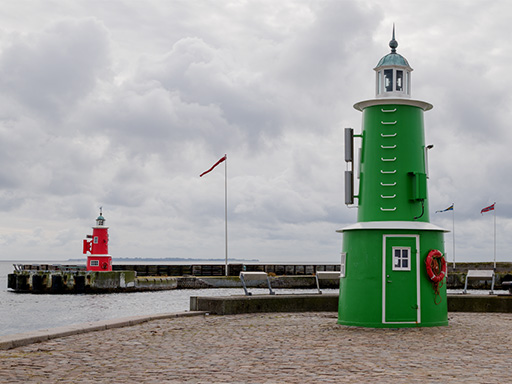RPAS in the Mediterranean project
Italy

Bordering France, Italy, and Monaco, and taking in a wedge of the Mediterranean around Corsica, is the Pelagos Sanctuary. It is an internationally protected marine area, covering 87,500 sq. km and 2,022 km of coastline.
Inhabiting its waters are eight different cetacean species regularly encountered, with five among them classified as endangered. These encompass fin whales, sperm whales, long-finned pilot whales, Risso’s dolphins, and common dolphins. For scientists and researchers, systematic monitoring and data acquisition concerning distribution, abundance, and movement patterns of the different species are crucial to understanding more about these populations and helping to protect them.
For two consecutive years, the Italian Coast Guard collaborated with the Tethys Research Institute on an innovative project, called “Eye in the Sky.” Using the RPAS service provided by EMSA, the Coast Guard expanded its traditional maritime activities of monitoring and surveillance, search and rescue operation and environmental protection, to evaluate the efficacy of RPAS in cetacean monitoring. Operating from the Coast Guard base in Sarzana, RPAS aircraft conducted aerial surveys over the protected area, enabling the collection of scientific data on presence and behaviour of whales and dolphins from above.
The small, light RPAS could safely circle above the cetaceans without disturbing them, even in the case of a sperm whale family group with juveniles and calves. Throughout the duration of the project, the scientists of the Tethys Research Institute totalled 113 hours of observation of the protected area, with 66 sightings of seven different species of these rare creatures. At the same time, RPAS pilots were also able to identify instances where human activity at sea might be affecting marine life in the sanctuary.
Find out more about the project (external link)![]()
Photo slideshow: RPAS in the Mediterranean project
The photos below show some of the activities in the cetacean-monitoring area of the RPAS in the Mediterranean project:



